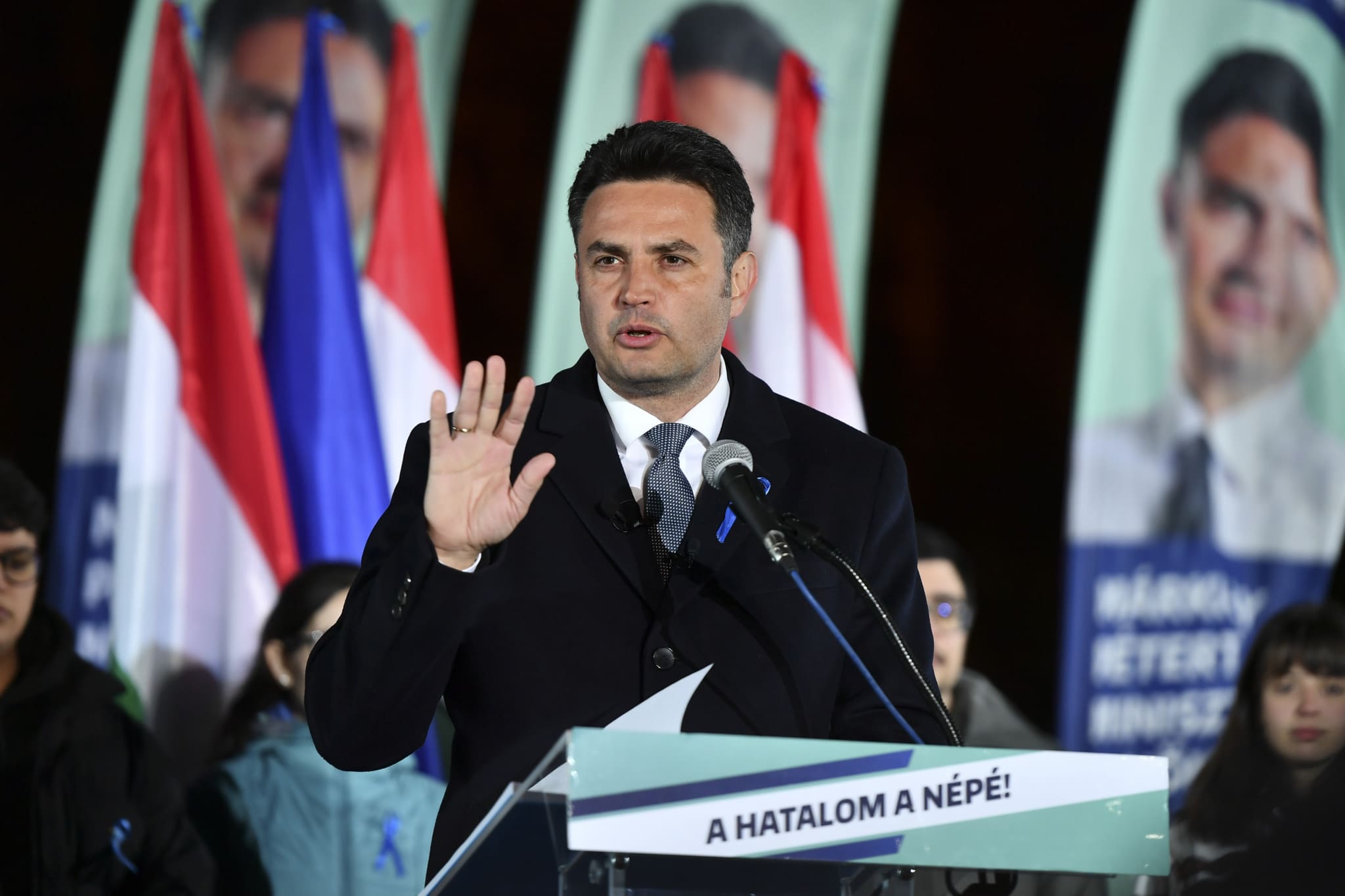Close to 2 billion Hungarian forints in foreign funding was received by Hungary’s united opposition movement during the last election campaign, a report recently declassified by the Hungarian secret service revealed.
A total of 1.8 billion forints (€4.4 million) was transferred from the U.S.-based Action for Democracy to the Everybody’s Hungary Movement (MMM), founded by opposition politician Péter Márki-Zay which formed part of the United for Hungary political alliance to contest Prime Minister Viktor Orbán’s Fidesz party in the general election held back in April.
Action for Democracy, which launched back in February, describes itself as an “international pro-democracy grassroots solidarity movement” aiming to “push back against the rising threat of autocracy around the world.” The organization also provided an addition 1.15 billion (€2.8 million) to “three Hungarian companies last spring and summer,” the MTI news agency reported Brigadier General Zoltan Andras Kovacs, the director general of the National Information Centre (NIK) as saying.
Kovacs tweeted that the declassified transactions “seriously infringe on the sovereignty of Hungary” and insisted the Hungarian public had “a right to know” about political organizations linked to Hungary’s opposition parties being in receipt of foreign finances.
Hungarian law explicitly prohibits foreign financing.
[pp id=49620]
As Remix News previously reported, Action for Democracy describes itself as a counterweight to the growing “cabal of autocrats and dictators,” and its executive director Dávid Korányi — a chief adviser to the left-wing Budapest mayor, Gergely Karácsony — told the Axios news outlet back in August that its work is “not just about Hungary,” but also about confronting the “systemic risk” of those around the world seeking to emulate Viktor Orbán’s “nationalist populist model.” As well as Hungary, on its website it also makes reference to Poland and Brazil which it claims are “under siege” and at risk of falling into “dictatorships such as China and Russia.”
It also describes Italy, which recently elected its first truly conservative government in decades, and Turkey as its “key battleground states.”
Action for Democracy’s advisory board includes other anti-government voices such as its chair, Kati Marton, former U.S. ambassador to Hungary, Eleni Kounalakis, and left-wing political writer and Guardian columnist, Timothy Garton Ash, who referred to Hungary following Orbán’s victory in April as Europe’s “enemy within.”
Mate Kocsis, the leader of the ruling Fidesz party’s parliamentary group, initiated the declassification of the damning report which he said presented “shocking” and “serious” evidence of foreign interference in Hungary’s national elections.
In a post on his social media channels on Wednesday, Kocsis wrote: “The left kept silent about foreign money before the elections, and later they even denied that they were in contact with foreign financiers. After it turned out that money did come from abroad, they denied half of it.
“If we only look at the amount of foreign funding allocated to the left-wing parties running in the elections, it is roughly four times the amount provided by the Hungarian budget for the parties’ campaign expenses,” the Fidez faction leader added, describing the matter as one that “seriously violates the country’s sovereignty.”
Left-wing journalists such as Szabolcs Panyi have already sought to discredit or play down what he described as a “Kremlin-style counterillegience operation against the ‘CIA funded’ Hungarian opposition,” a move Kovacs described as “spin” intended to “deflect attention away from the stubborn facts.”





